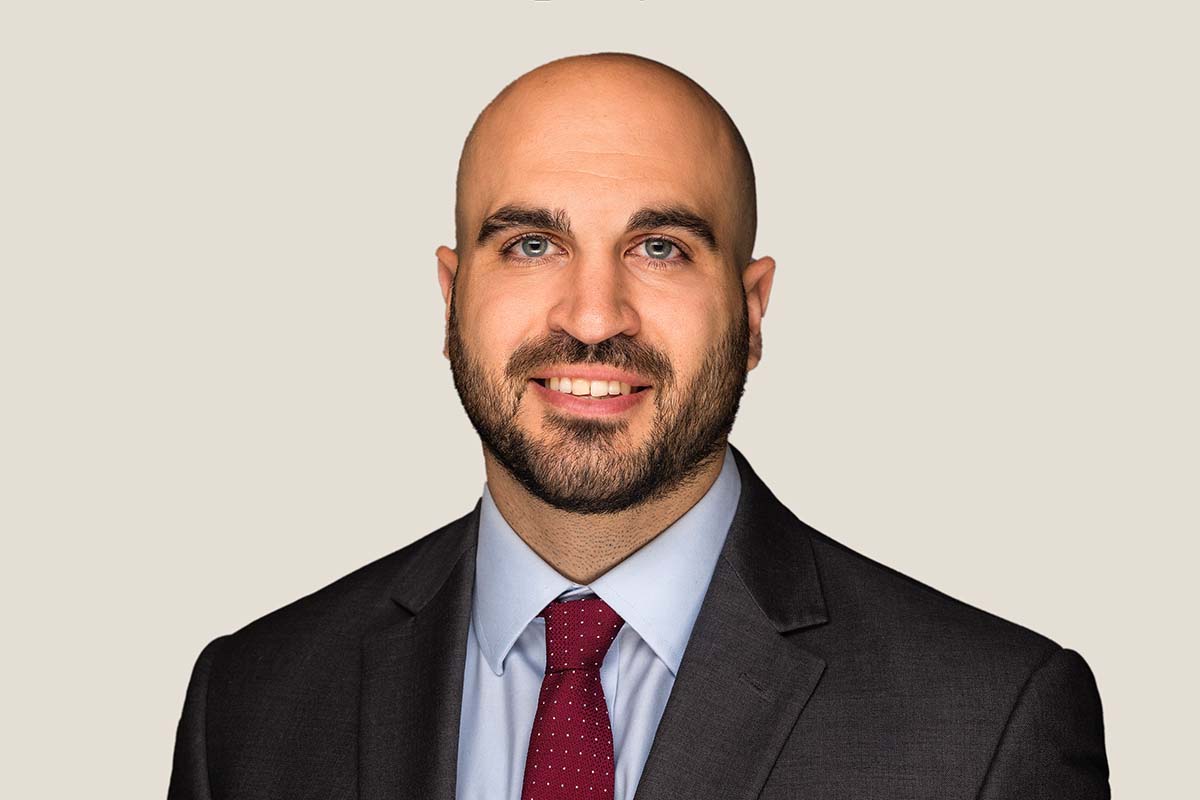Major Changes to Pennsylvania Building Codes to Affect Municipal Code Officials, Builders, Designers, Contractors
PA will officially implement the International Code Council 2021 Code Series as the Commonwealth’s Uniform Construction Code. All municipalities and municipal code officials, in addition to designers, contractors and builders who work with them, must ensure compliance.










